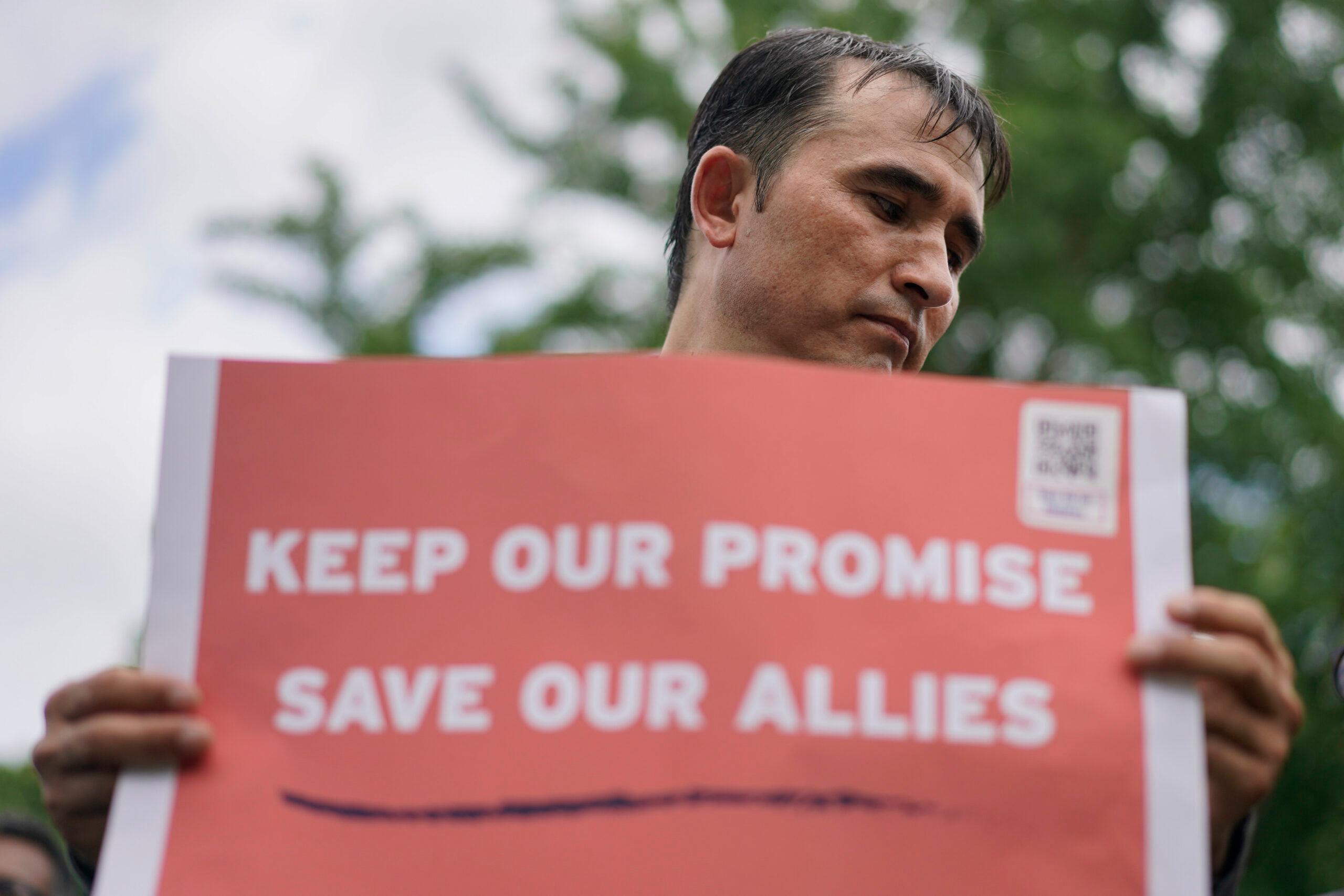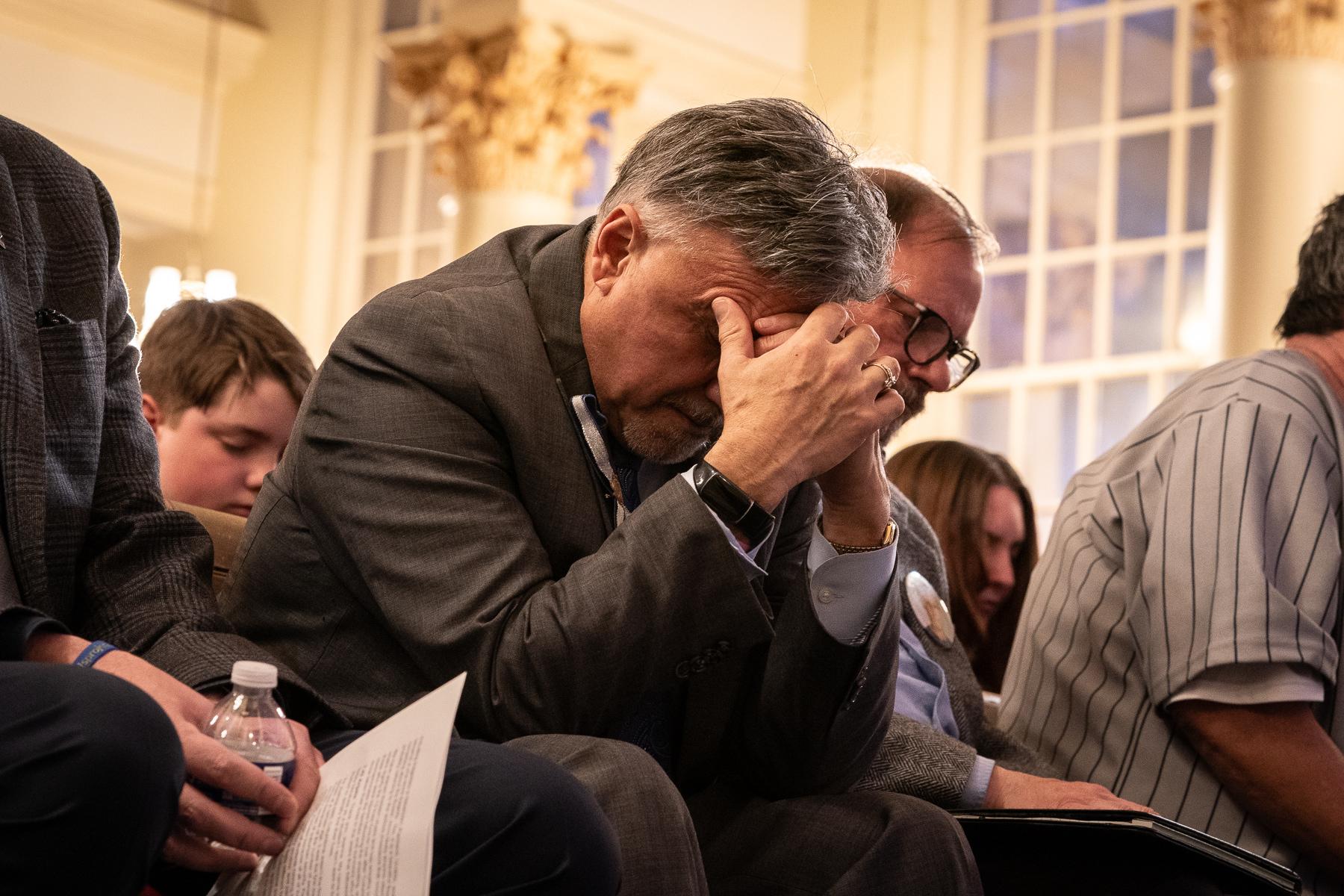
Update: Crow's ALLIES Act passed the House on July 22.
As the U.S. draws down its forces in Afghanistan, Colorado Rep. Jason Crow has been worrying about the fate of the Afghans who worked with American troops.
“We have a moral obligation to make sure the American handshake matters, that we are keeping our promises,” said Crow, a former Army Ranger who served in Afghanistan. “We have to show to the world that our word is our bond.”
The House will vote on one of Crow’s bills Thursday that he hopes will do that. The Averting Loss of Life and Injury by Expediting SIVs Act (ALLIES Act) would increase the cap on Special Immigrant Visas by 8,000. Crow said that would almost double the number of visas available to former Afghan translators and others, from 11,000 to 19,000.
He added the bipartisan group of lawmakers sponsoring the bill worked hard to get support for this number.
GOP Rep. Adam Kinzinger, a former Air Force Pilot who also served in Afghanistan, noted that Congress has supported the SIV program since 2006. He’s also sponsoring the bill.
“While the program has suffered unacceptable delays and backlogs since its creation, the imminent withdrawal of U.S. forces from Afghanistan has placed thousands of our allies at risk for retribution,” he said in a statement when the bill was introduced.
According to White House Press Secretary Jen Psaki, approximately 20,000 Afghans have applied for SIVs, but the number of Afghans who worked for the U.S. as military interpreters or at the U.S. embassy is much, much higher over the nearly two decades-long war.
The administration announced plans, “Operation Allies Refuge,” to relocate Afghans in the SIV pipeline out of the country in advance of August 31, the day the withdrawal of U.S. troops from Afghanistan is expected to be complete.
About 2,500 — those furthest along in the SIV process — will be evacuated to a military base in Virginia. The destination for the others are unclear, although places like Guam have been floated.
Crow wants to see the administration move as many Afghan allies out of the country as possible in order to time to process their visas.
“We are out of time. The security situation is very dire at this point,” Crow said. “And that means we have to take an all-of-the-above approach. Some will be moved to Ft. Lee in Virginia. Some should be brought to U.S. military installations in the Middle East. Some will be sent to third countries.”
Crow said he and other House sponsors are in discussions with the Senate and the White House to try and get the ALLIES Act signed into law as quickly as possible
Another Crow bill that would help speed up the process by waiving the medical exam requirement in Afghanistan passed the House last month. Under the HOPE for Afghan SIVs Act, the exam would be conducted soon after entering the United States.
Earlier this week, the administration threw its support behind both bills.
Editor's Note: Due to an editing error, this story originally incorrectly stated the day of the vote. It has been corrected.
CPR’s coverage of Colorado’s congressional delegation focuses on accountability and on providing information constituents need to live their lives. Read more about our priorities here.









